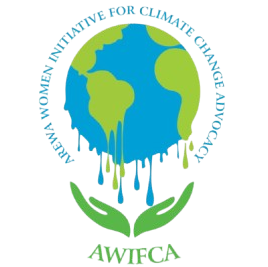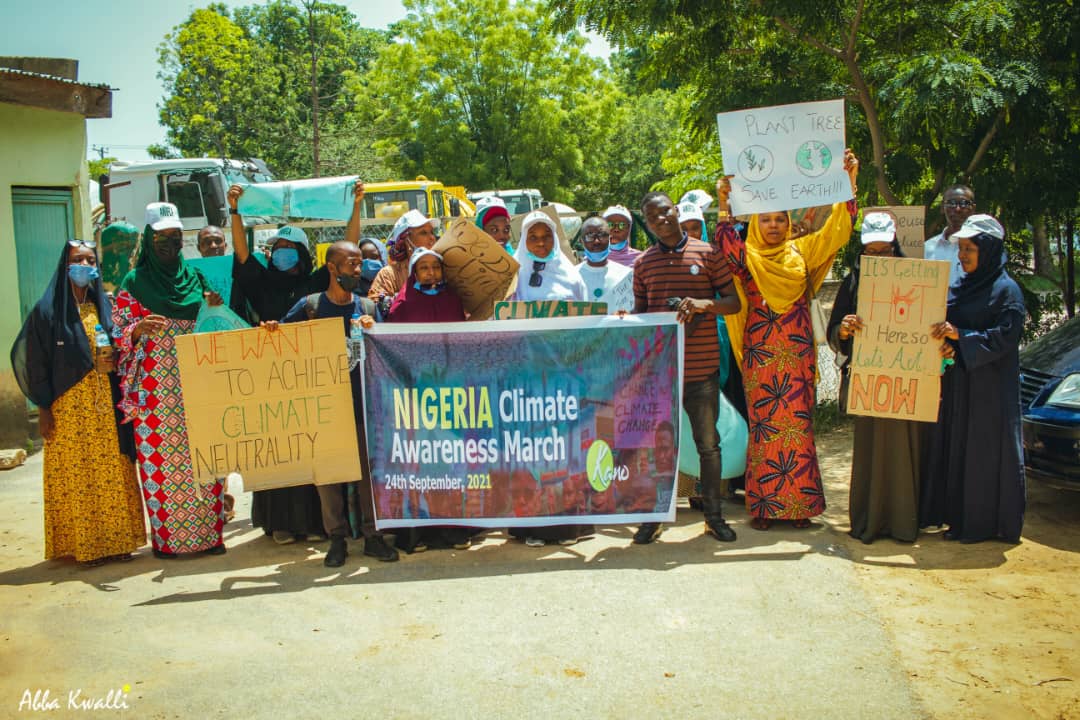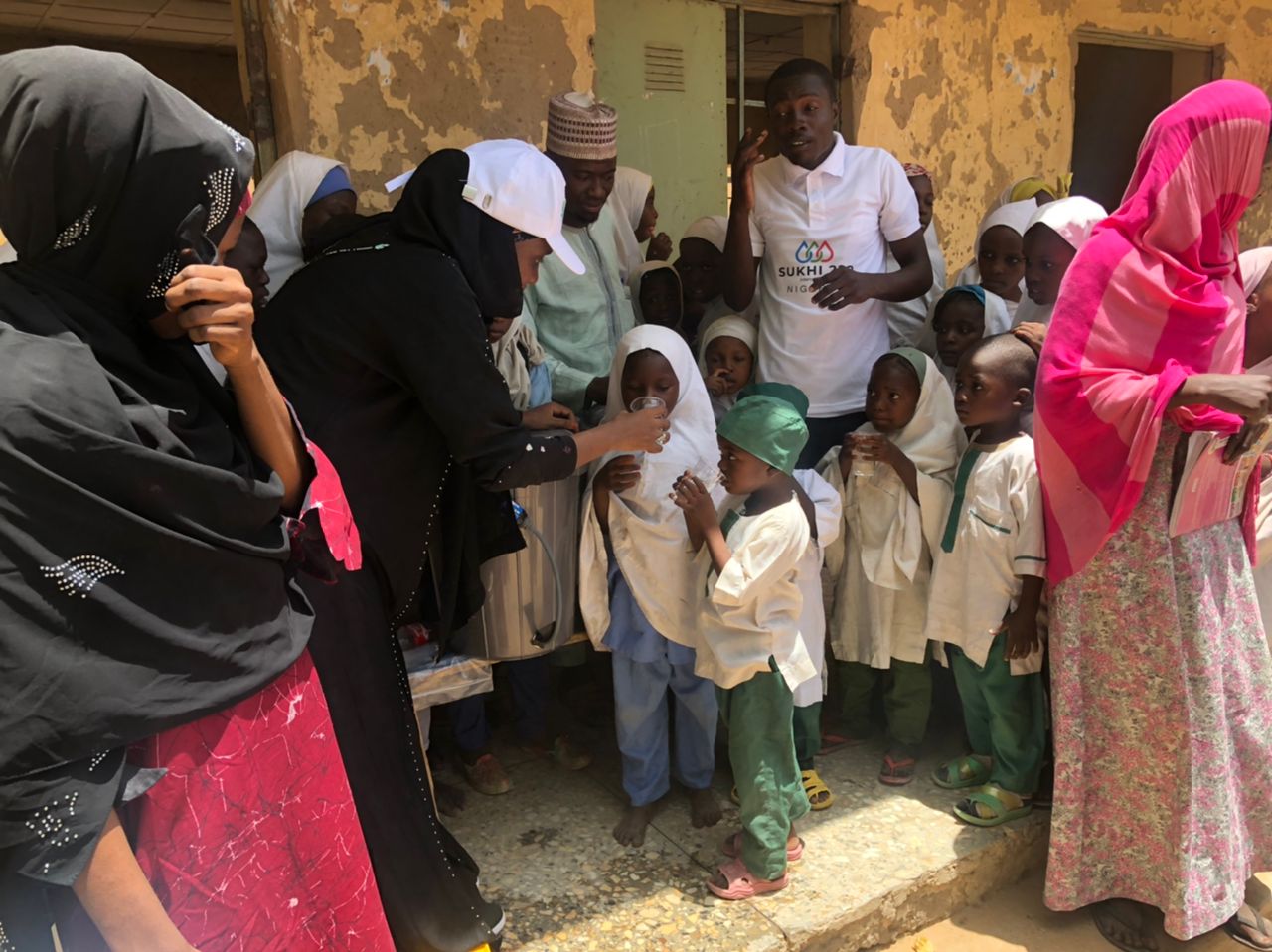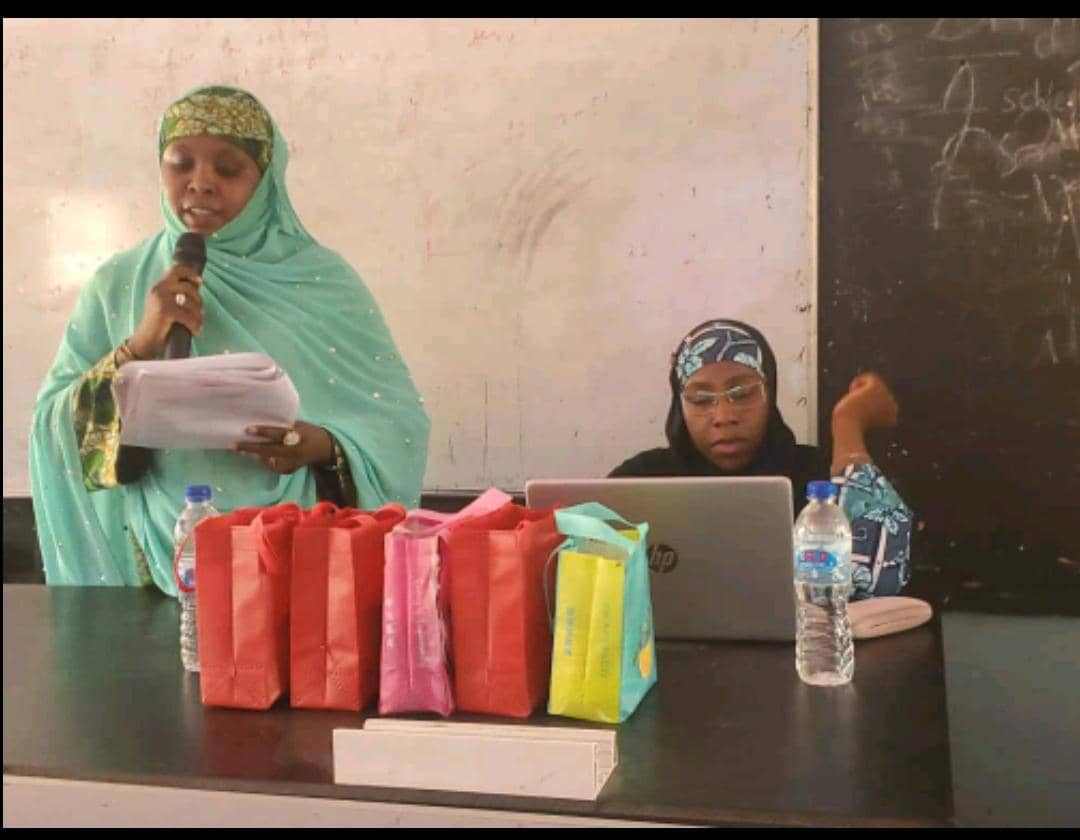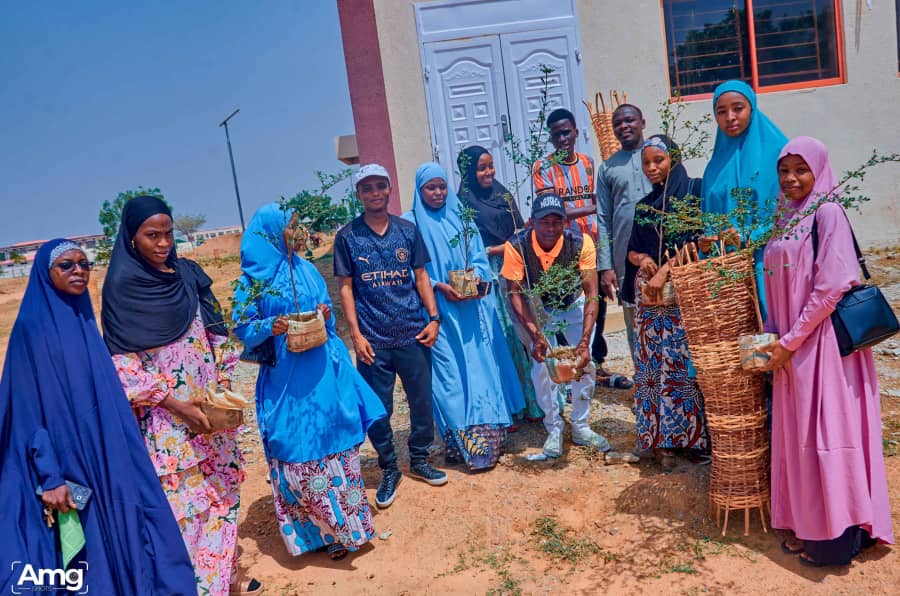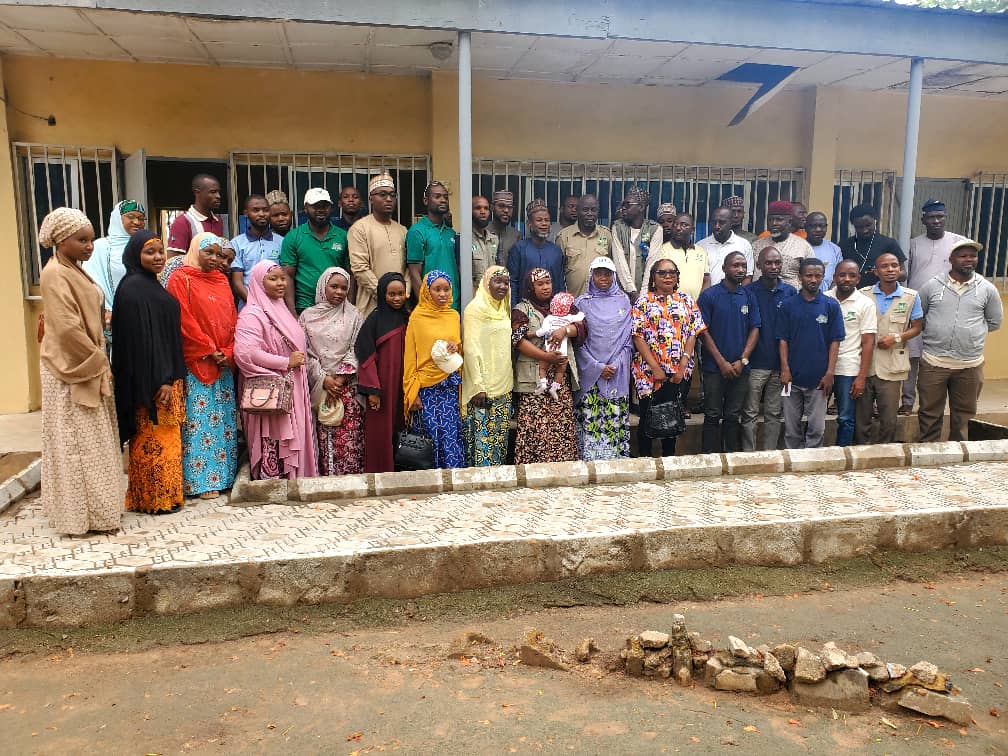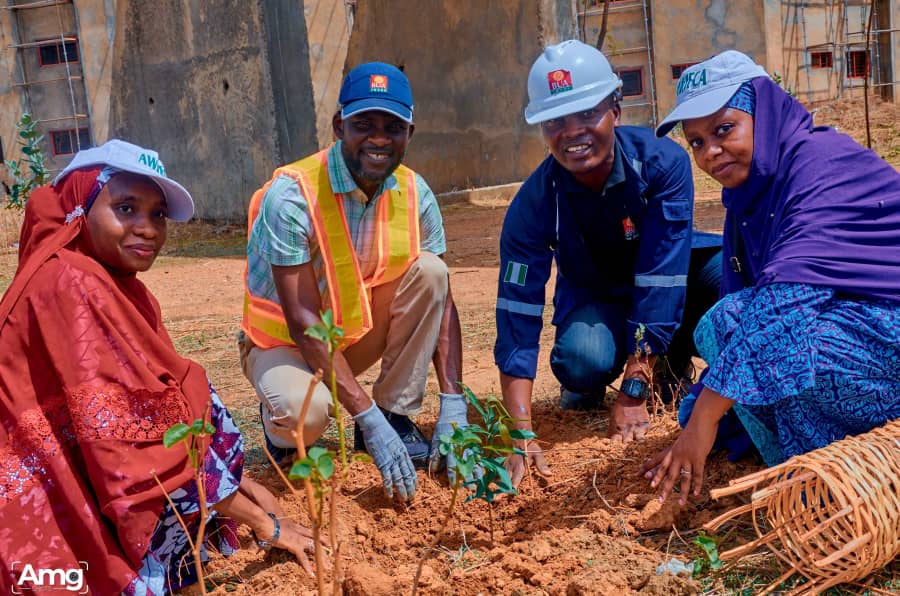Climate Change Awareness March
Climate Change Awareness March AWIFCA believes that raising awareness is the first step towards creating meaningful change. In 2021, we organised a successful climate change awareness march, bringing together community members and key stakeholders to highlight the urgent need for climate action. The event witnessed enthusiastic participation and generated significant…
